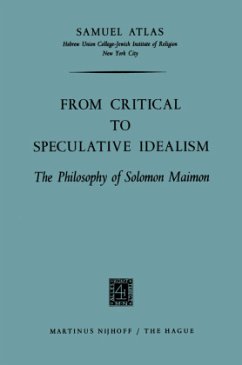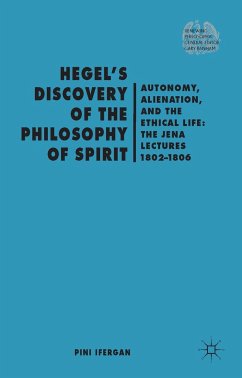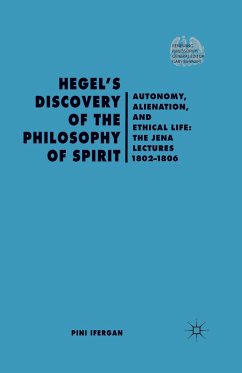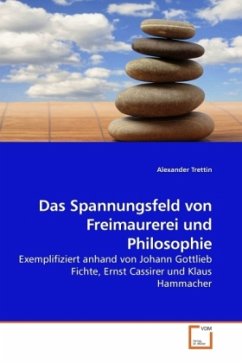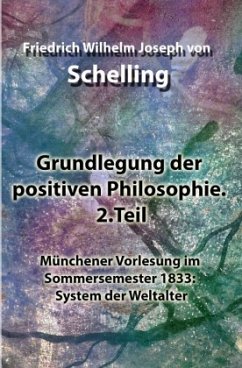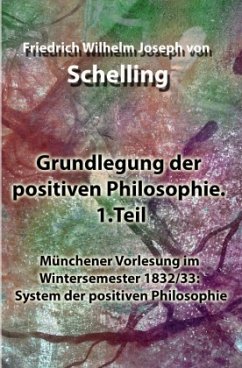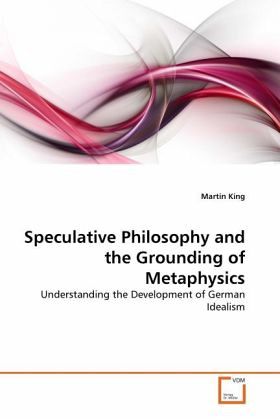
Speculative Philosophy and the Grounding of Metaphysics
Understanding the Development of German Idealism
Versandkostenfrei!
Versandfertig in 6-10 Tagen
32,99 €
inkl. MwSt.

PAYBACK Punkte
16 °P sammeln!
German idealism is in part characterized by its attempt to provide a justification for our knowledge of the world in response to Hume's problem of induction. In looking at three major philosophers of this time period - Kant, Fichte, and Hegel - a pattern emerges among their respective treatments of metaphysical propositions and their methods of grounding metaphysics. This project follows the development of the proposition of metaphysics from the synthetic a priori in Kant, through the analytic in Fichte, to the speculative in Hegel. This speculative proposition allowed Hegel's dialectics to be...
German idealism is in part characterized by its attempt to provide a justification for our knowledge of the world in response to Hume's problem of induction. In looking at three major philosophers of this time period - Kant, Fichte, and Hegel - a pattern emerges among their respective treatments of metaphysical propositions and their methods of grounding metaphysics. This project follows the development of the proposition of metaphysics from the synthetic a priori in Kant, through the analytic in Fichte, to the speculative in Hegel. This speculative proposition allowed Hegel's dialectics to be absolute and objective. It granted his philosophy the power not only to ground metaphysics, but to explain the entire history of human consciousness. With its breadth and explanatory power it can be understood as an answer to Hume resolved in the working out of its contradictions.




